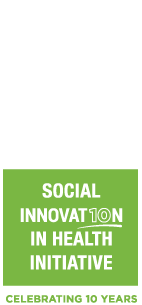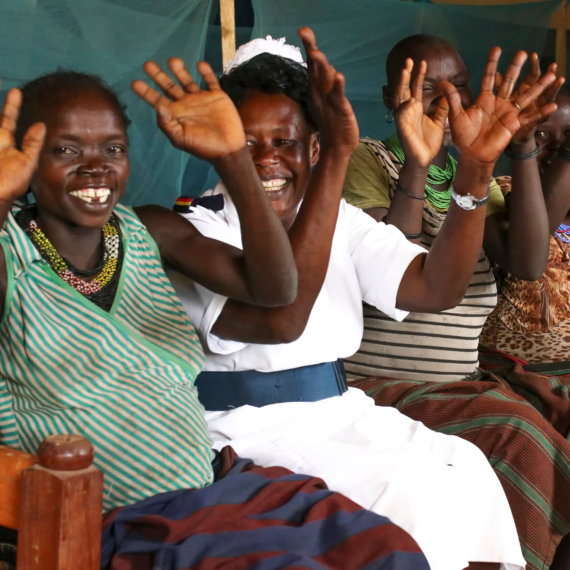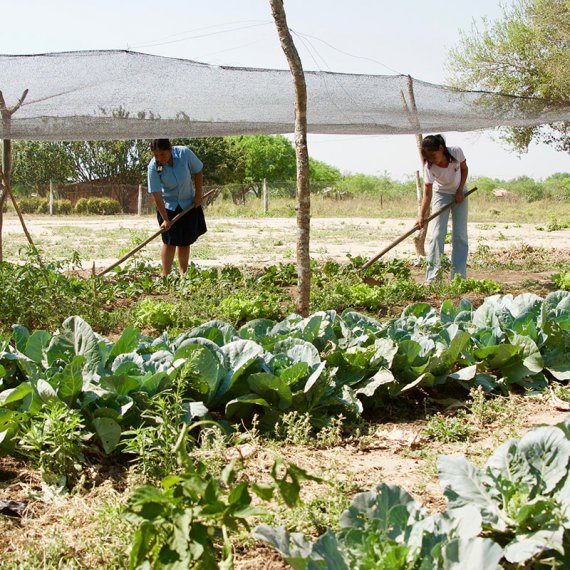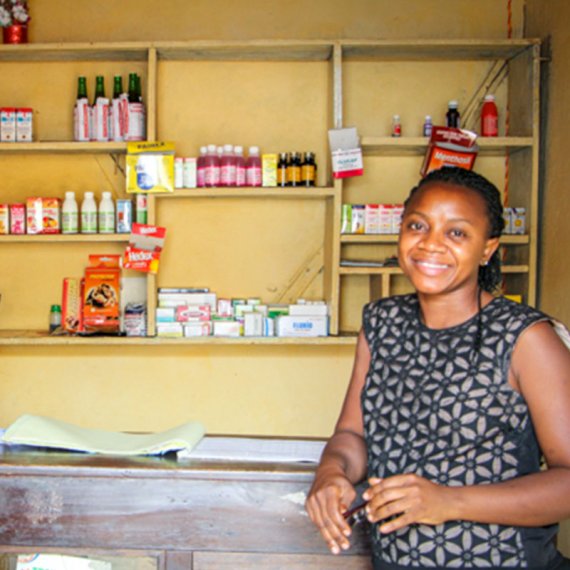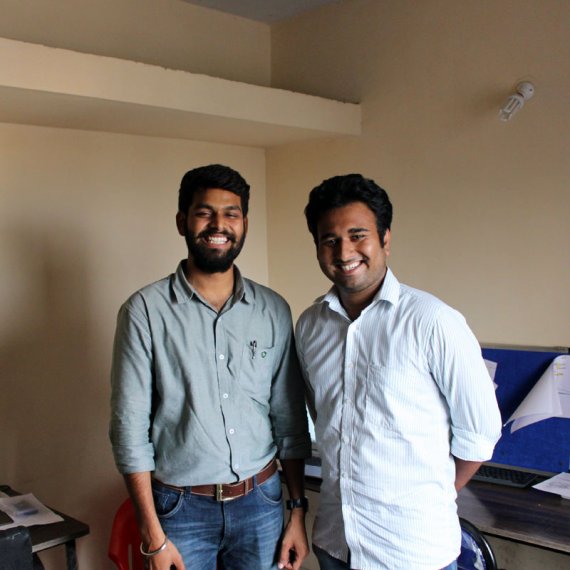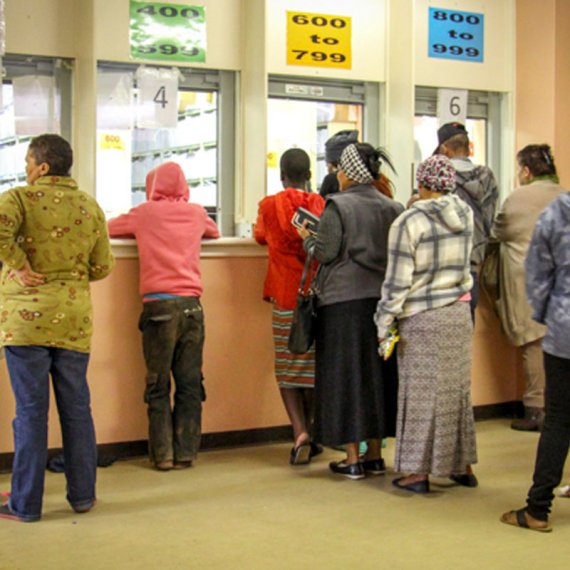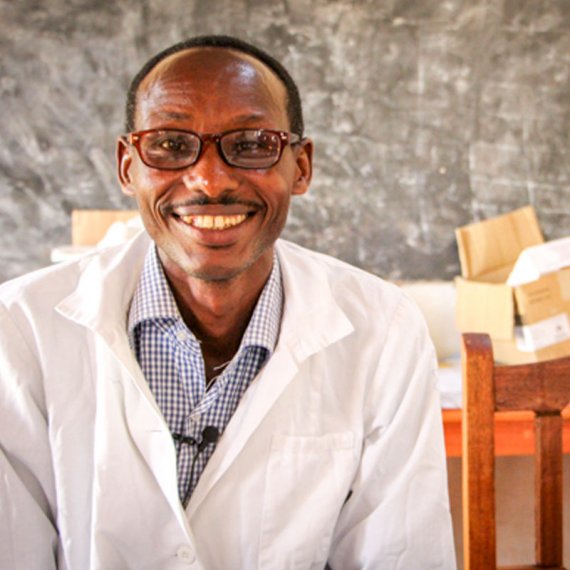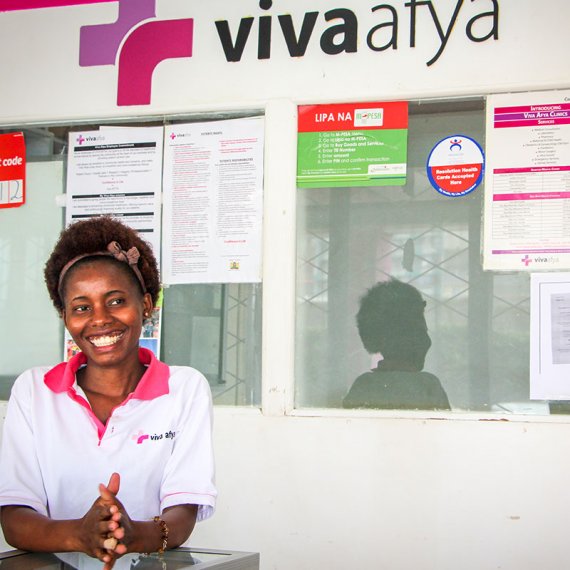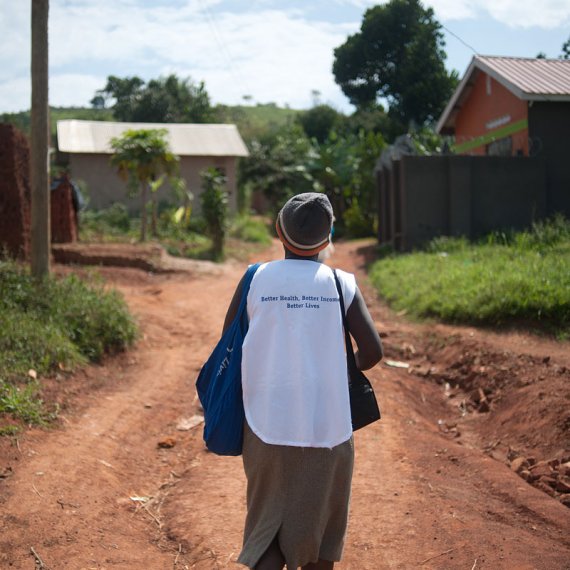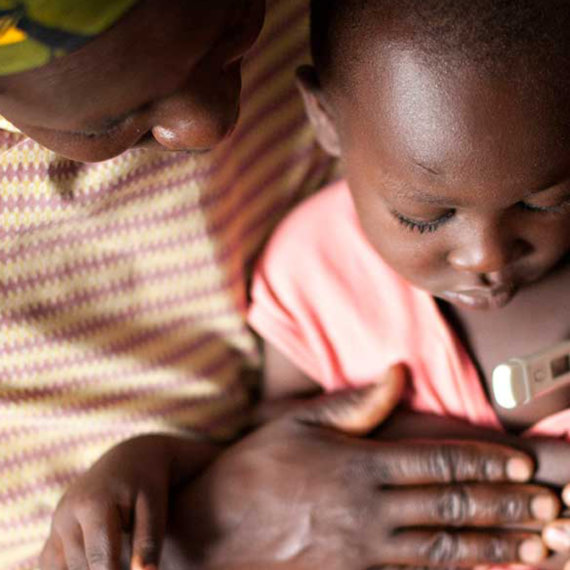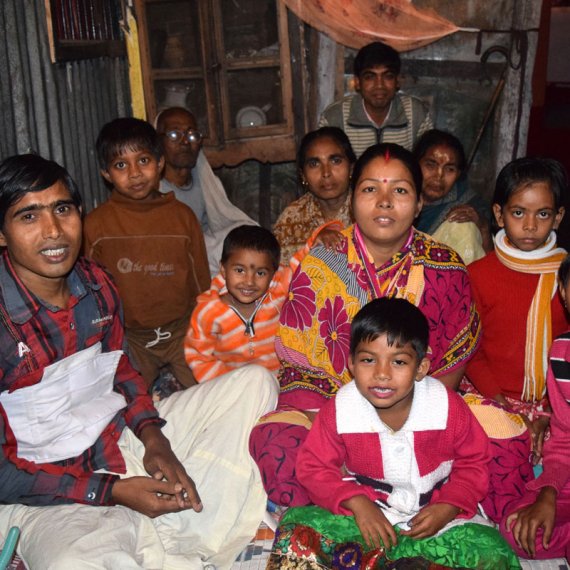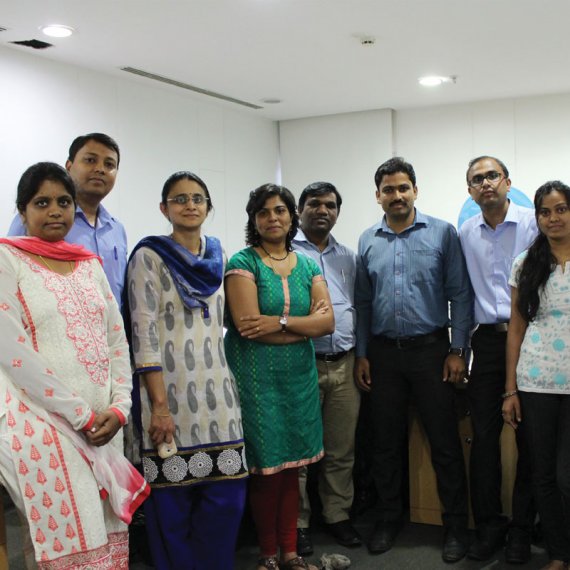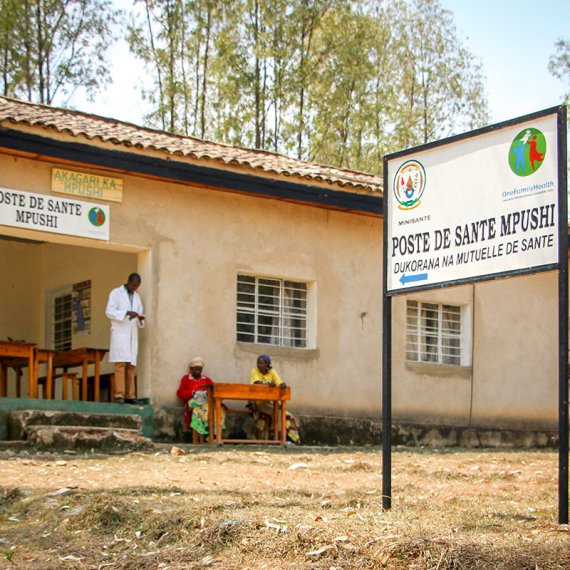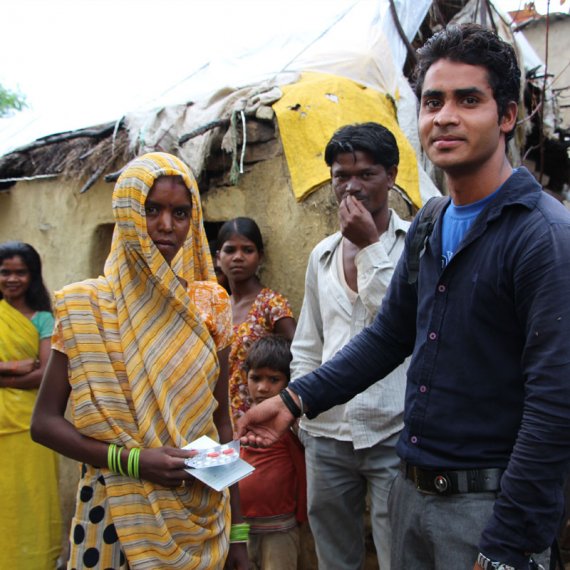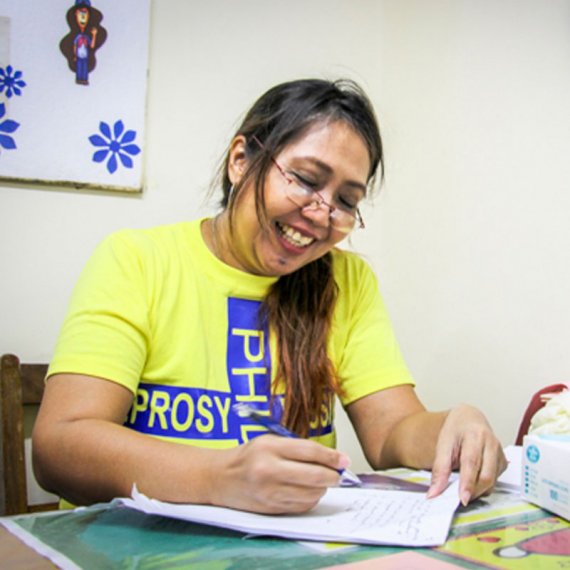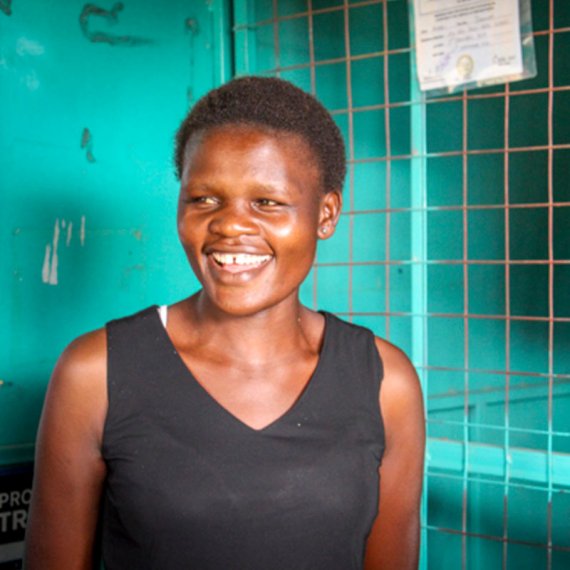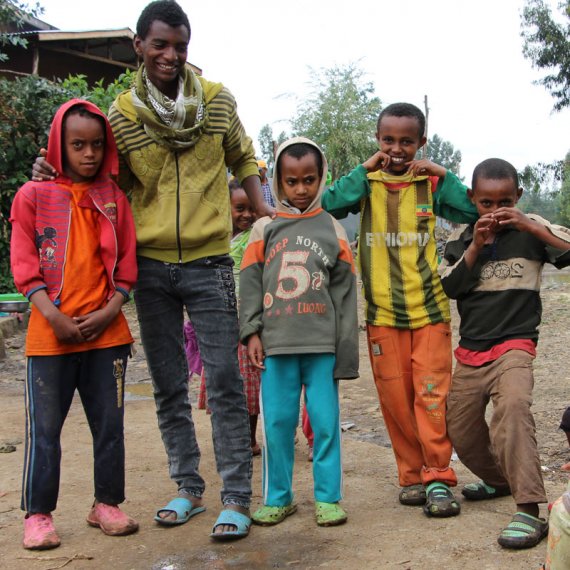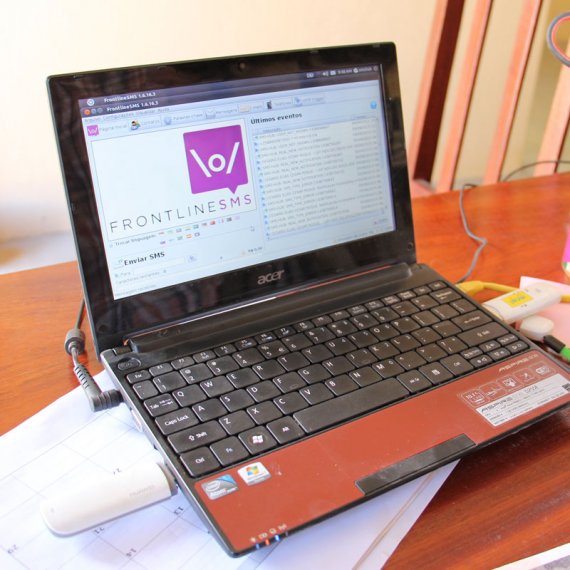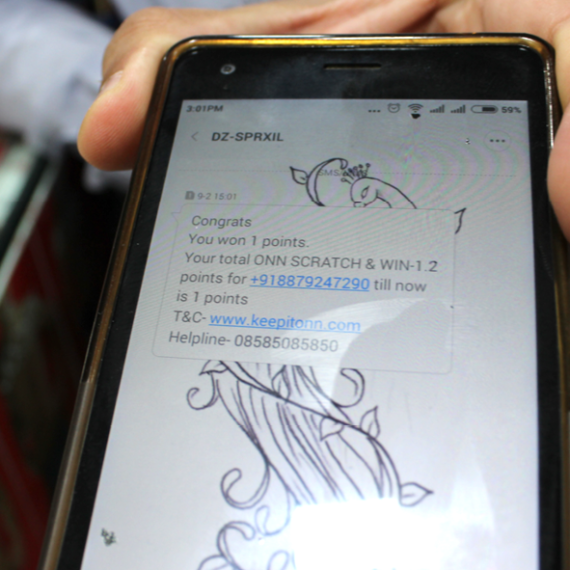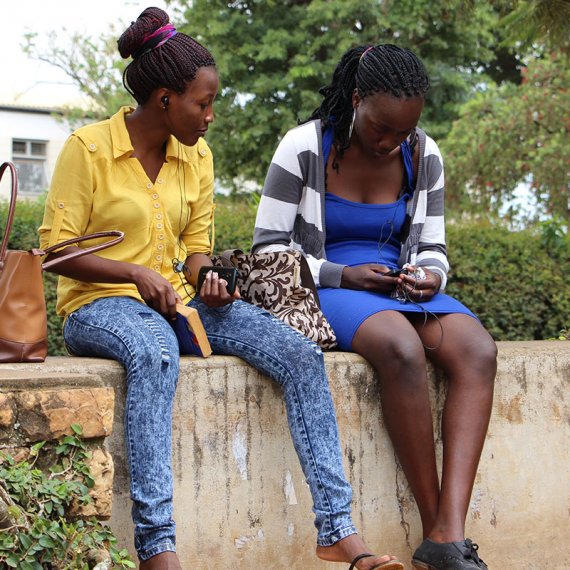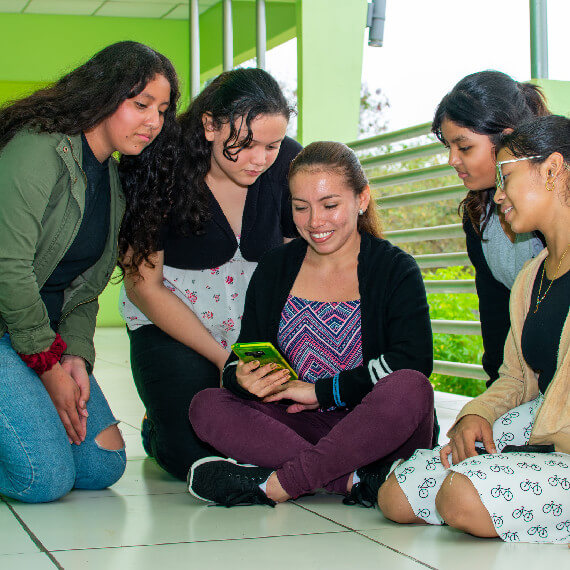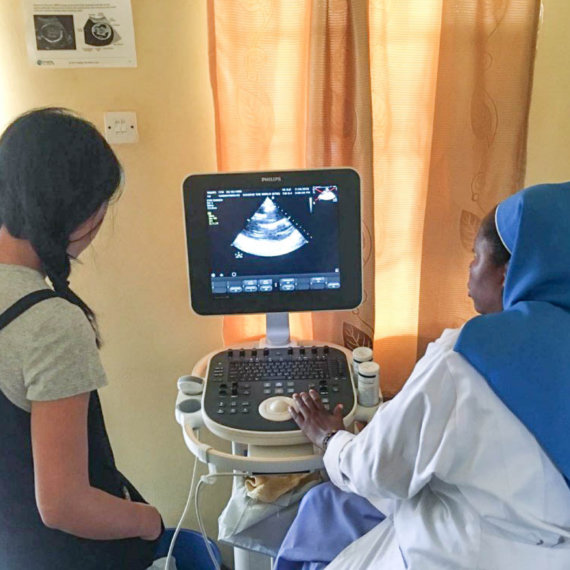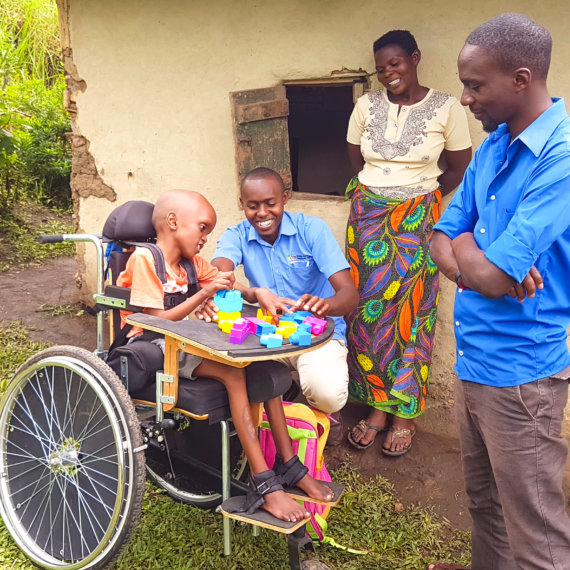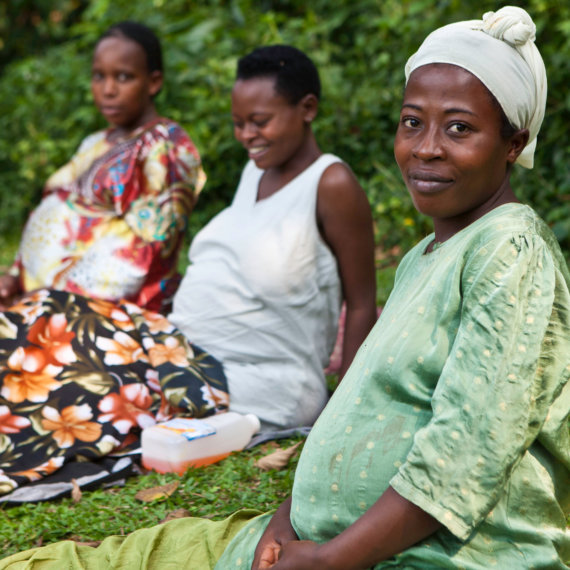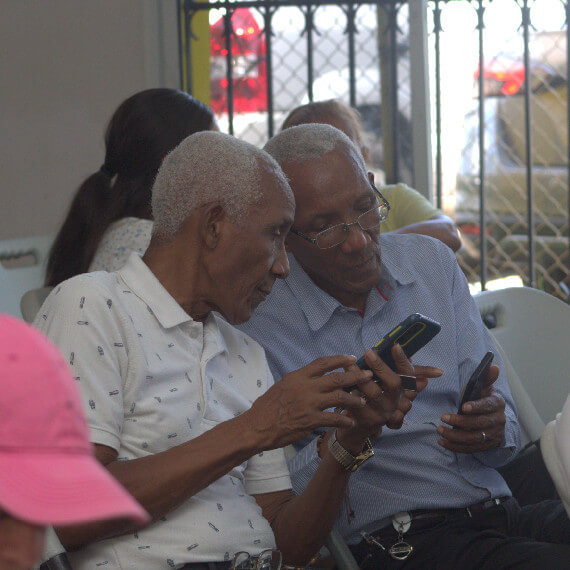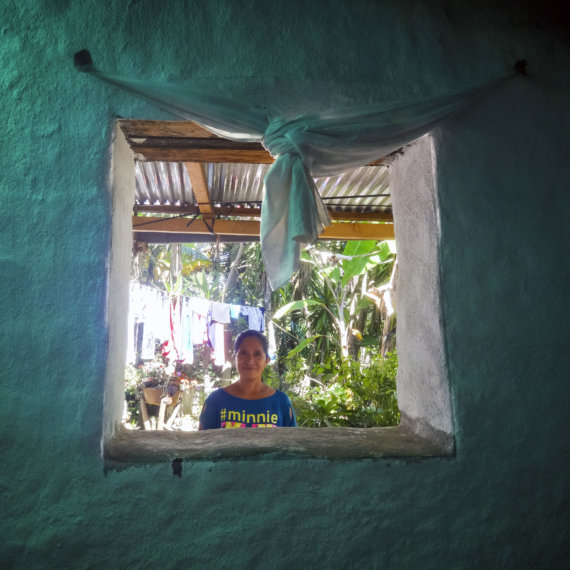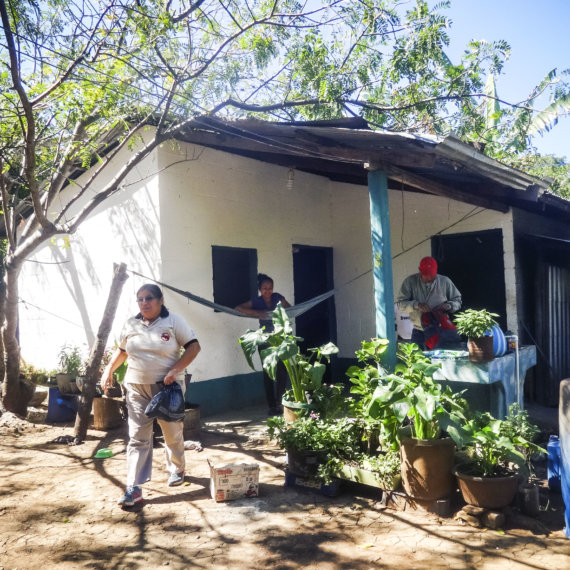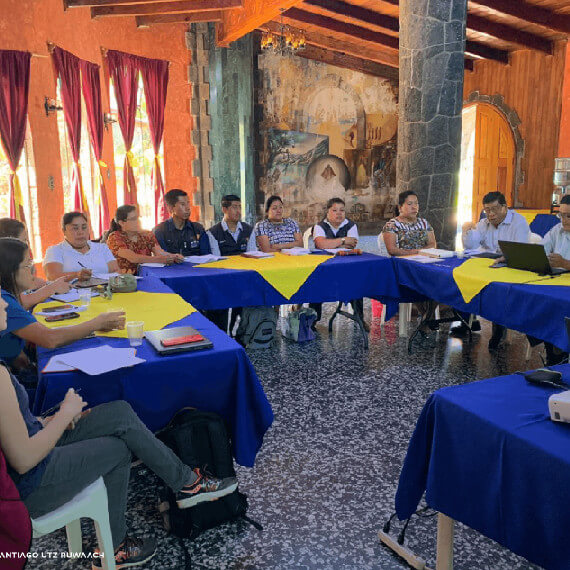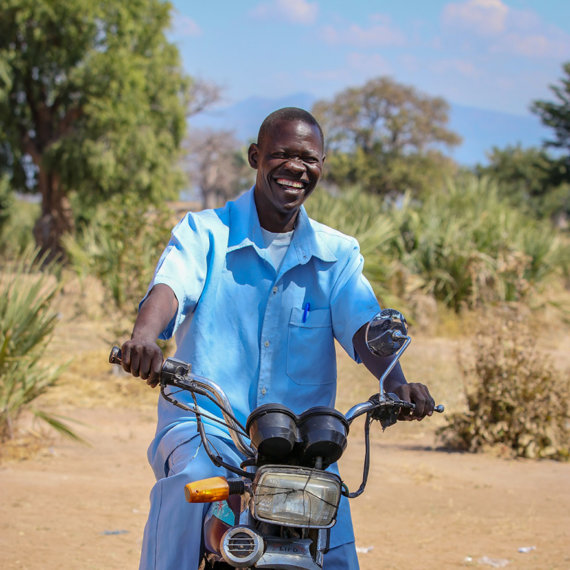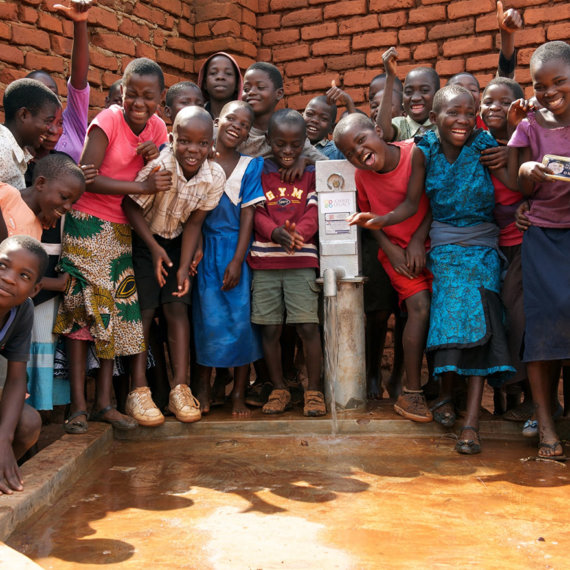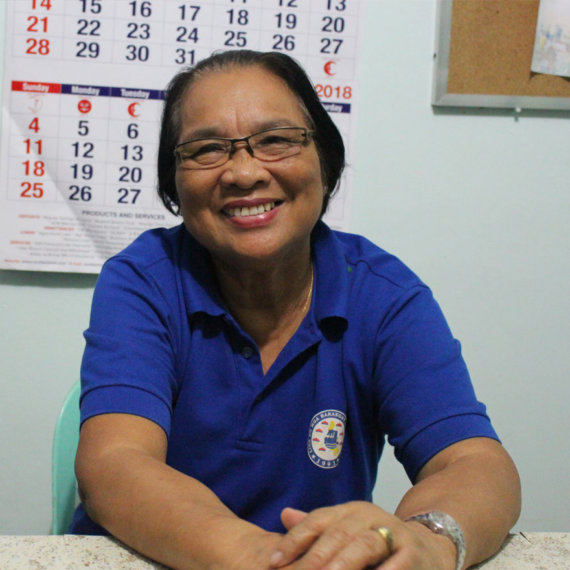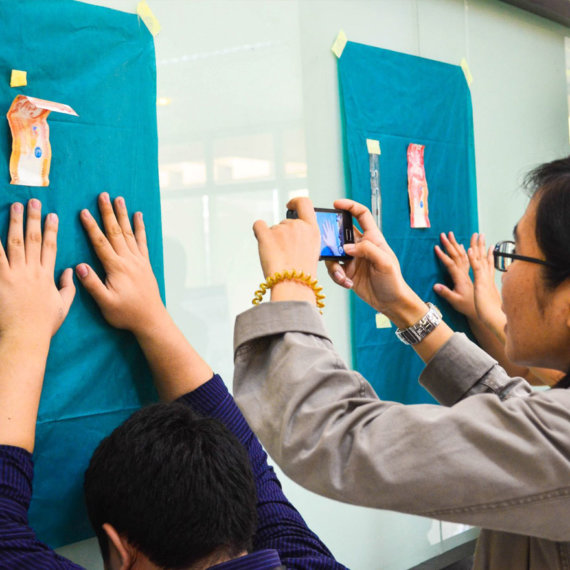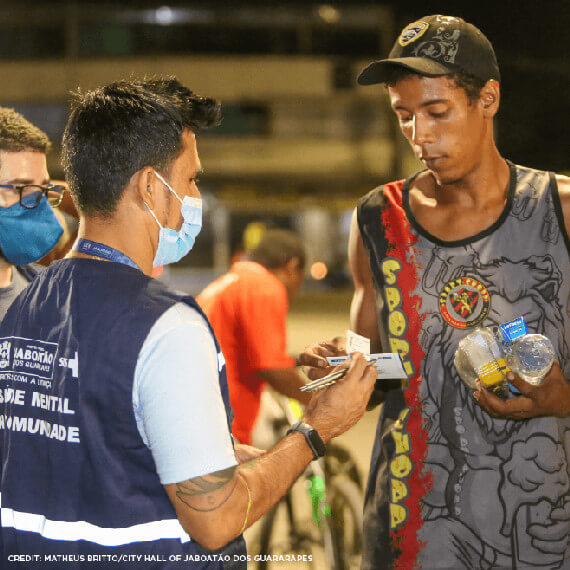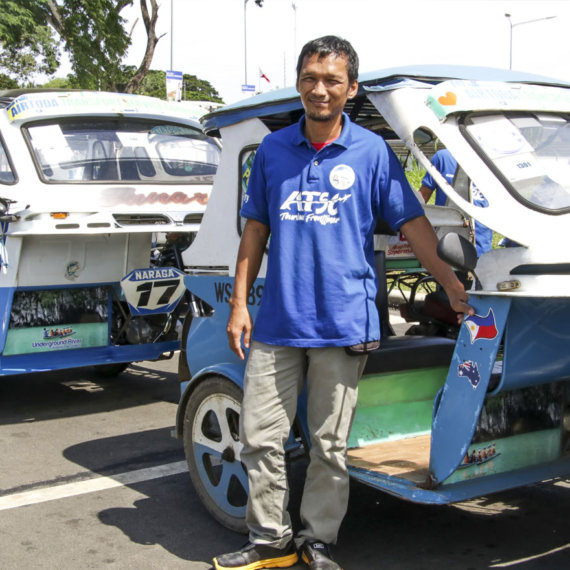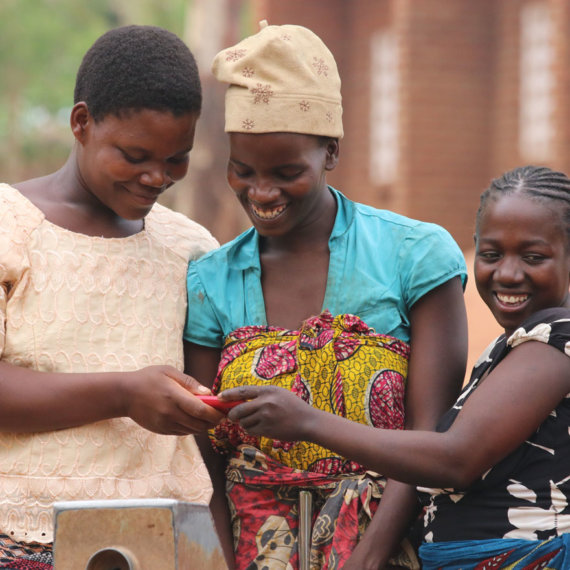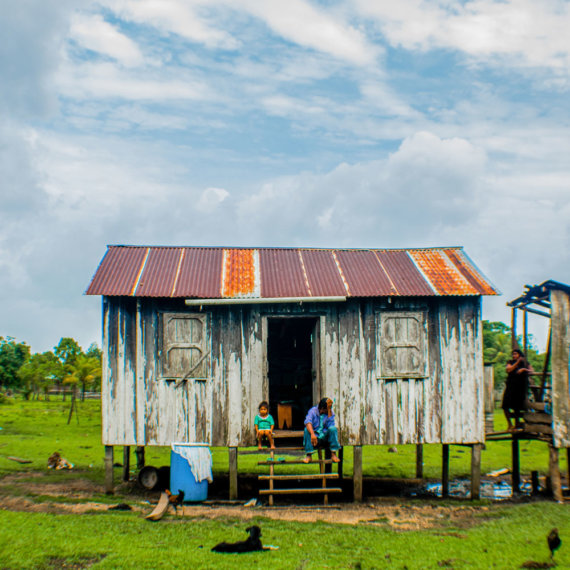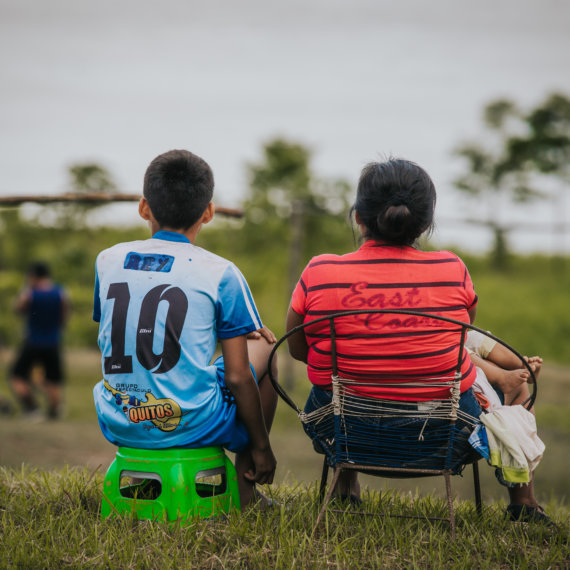SMS-HUB LEPROSY CASE MANAGEMENT SYSTEM
A low-cost SMS-based technology system to support district health officials in the monitoring of leprosy cases in Mozambique, allowing for greater efficiency and improved case management.
CONTINENT
Africa
Country
Mozambique
Organizational structure
Nongovernmental organization
Health focus
Neglected Tropical Diseases, Leprosy
Areas of interest
Digital technologies
Health system focus
Information systems
CHALLENGE
Recognition of leprosy’s remaining prevalence even after reaching elimination on a global average led to a call by the World Health Organization (WHO) for renewed political commitment, outlined in the Bangkok Declaration in 2013. The WHO highlighted the need for increased quality of leprosy data, among other elements, such as improved logistical capacity and integration of leprosy control programmes with those of other neglected tropical diseases (NTDs) and primary care services (World Bank, 2015; World Health Organization, 2015b). In Mozambique, the existing notification and surveillance system for leprosy comprises multiple manual, paper-based procedures to document and transmit information across different administrative levels. This undermines the quality and reliability of leprosy data and case management.

“The answers are not made in isolated boardrooms or laboratories far away. Answers and solutions need to be field-tested and need to be grounded somewhere.”
– Dr Arie de Kruijff, Founder, SMS-Hub
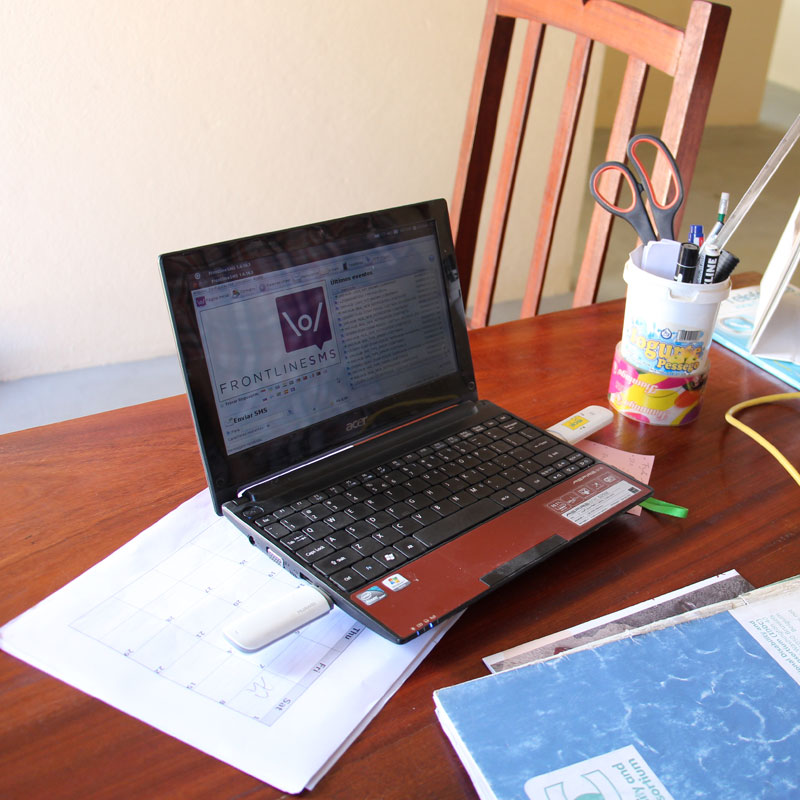
INTERVENTION
The SMS-Hub Leprosy Case Management system (SMS-Hub) is an electronic system that uses a Short Message Service (SMS) to capture leprosy notification data. It is implemented by the Leprosy Mission Mozambique, with integration into the Neglected Tropical Diseases Department of the Mozambican Ministry of Health. The SMS-Hub is used as a case management system as well as a surveillance and monitoring tool. An SMS-based system was deemed most suitable as it does not rely on smartphones and can be used on any basic mobile phone. The system allows district and provincial health supervisors to capture all the case information normally captured in the paper-based register, in one SMS. In addition, basic error checking of the data can be done. All the data is stored on a central database where supervisors can easily access key statistics and clinical details of all leprosy patients.
“The system is very good. Very good because it allows us to understand the situation in our district. More than the district, we can understand the situation of [the] province, and more than the province, we can understand other districts. You just need to enter in the SMS system to get all the information.”
– Eleutério Maita, district supervisor of Macomia, Cabo Delgado (Translated from Portuguese
Access to individual patient data—such as patient name, location and disease severity—enhances supervisors’ ability to provide follow-up care and ensures that patients are less likely to be lost in the system. It also provides valuable epidemiological information and allows supervisors to report drug stock levels and ensure appropriate distribution of the drug supply across the province. Mapping exercises using the SMS-Hub information enables the detection of hotspots of leprosy and areas of low service coverage. The SMS-Hub is grant-funded and was developed using open-source platforms such as FrontlineSMS and MYSQL, which helped keep the costs low (set-up costs of US$ 9 300 and running costs since initiation of US$ 800).
OA user-centred design process was followed by engaging district health supervisors in the creation and evolution of the SMS-Hub. This bottom-up approach allows for continuous feedback and adaption to ensure the system’s efficacy and usability.
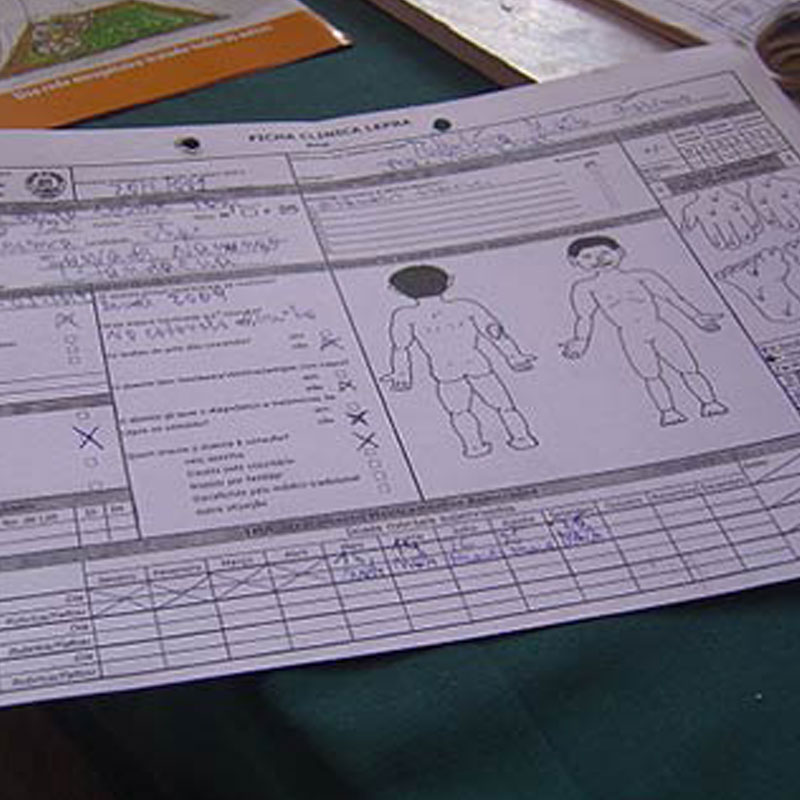

CASE INSIGHTS
The SMS-Hub case study shows how simple, low-cost, SMS-based mobile phone systems can improve the efficiency and effectiveness of disease surveillance in settings which previously relied on paper-based record systems. It illustrates how frontline health providers have valuable insights into the challenges affecting service delivery and, if given the space, support and opportunity, could develop novel ideas with scalable potential.
“Yes, [the SMS-Hub] made a difference. My work has improved a lot! Also, the province of Cabo Delgado is considered the first national pilot to test the system, because we have done good work related to the registering of several cases of leprosy at the national level. It is the only province with evidence regarding good control of leprosy. The Ministry of Health, usually, has our information when it is needed, compared to other provinces.”
– Silvestre João, provincial supervisor of Cabo Delgado (Translated from Portuguese)
